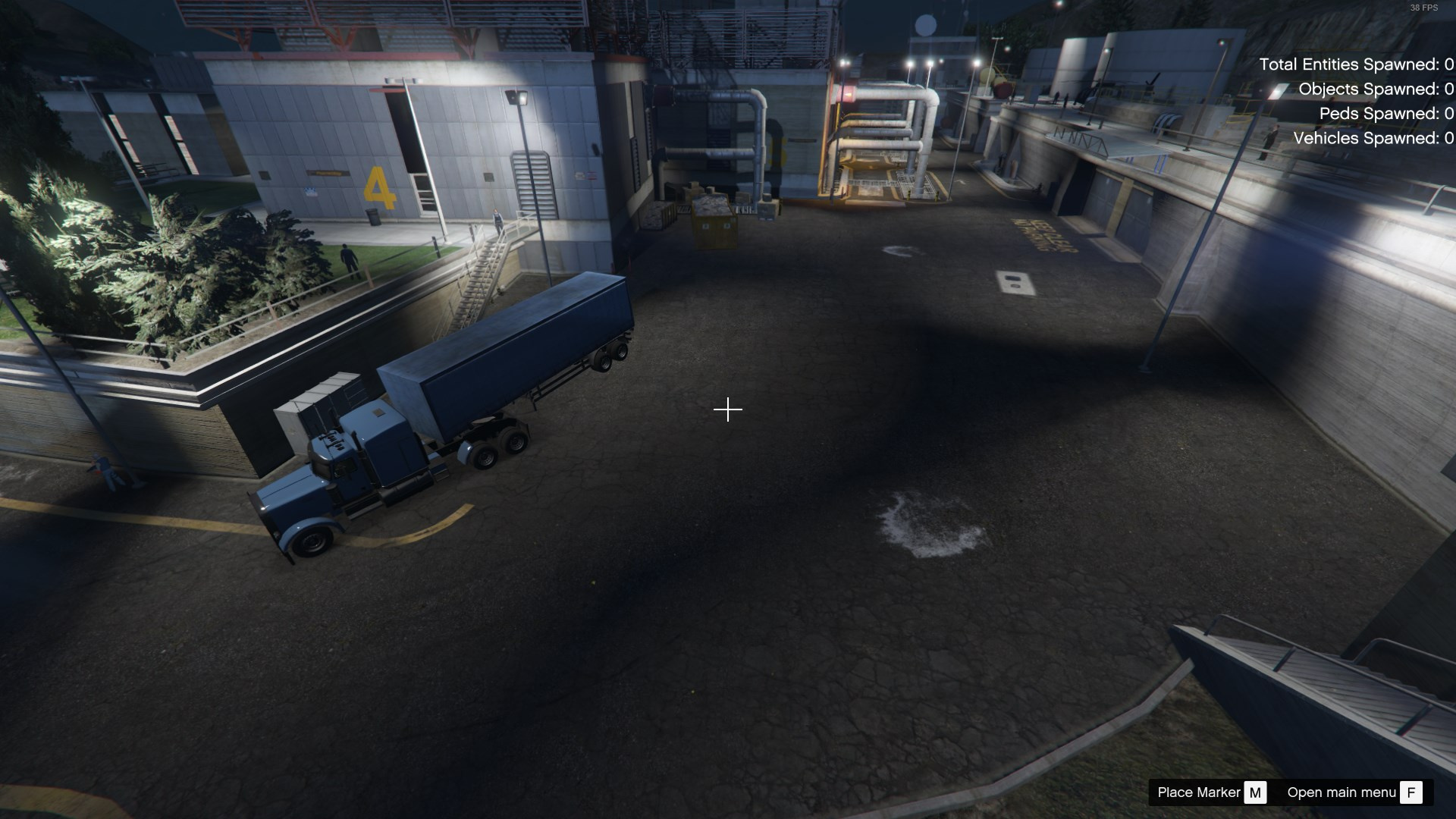
Cannabis graphics or products would also be prohibited from being visible from outside the store.Ĭort, author of Weed Inc.: The Truth About the Pot Lobby, THC and the Commercial Marijuana Industry, gave a presentation on what he’s experienced in Colorado following the legalization of marijuana in 2012. Businesses would be required to maintain security measures and prohibit those under 21 years old from entering the store. One permit would be allowed per permit-holder.Īccording to the proposed measure, operation hours for dispensaries would be limited to 9 a.m. The City Council would also have the authority to allow for additional cannabis retail permits. Such shops would also have to be more than 600 feet away from any school or day care facility that is located outside of the city. If voters pass the initiative-pending its placement on the General Election ballot-up to three marijuana dispensaries could operate within a commercial use zone, more than 750 feet away from schools, day care facilities, youth centers, and some parks. I was looking for him to provide what we can expect in our community with the industry moving in.” “I wanted him to share I wasn’t looking for him to provide data, scientific data. “The reason I brought (Chipman) in is because he’s lived it,” Mednick said. She selected Chipman as a panelist to share his experience fighting against cannabis retail organizations in San Diego after hearing him present for the Stanford Tobacco and Cannabis Prevention Toolkit. The panel did not include representatives of medical or policy-related groups that are in favor of dispensaries for recreational marijuana use.įollowing the meeting this week, Mednick explained that she selected Cort and Headrick to bring in a scientific-based argument against the legalization of cannabis retail after working and presenting with the two of them over the past decade. … They’re actually not allowed to weigh in on an initiative when it’s in the qualification process.” “The city is not here tonight in terms of taking a position on this.

“This initiative would change that position that’s the purpose of it,” Wyatt continued. At the time, the city discussed how it should react to Prop 64 and decided to take “the cautious approach and continue to prohibit the retail cannabis shops in the city,” Wyatt said. Wyatt was on Dana Point City Council when Proposition 64 passed, legalizing recreational marijuana use in California for those 21 and older. “We wanted to get all the information out to the people of Dana Point and try to make a forum where we can all have a good conversation and really be informed about what we should do in response to that initiative,” Wyatt explained. Daniel Headrick and Scott Chipman, leader of San Diegans for Safe Neighborhoods. Paul Wyatt, a former Dana Point councilmember, moderated the panel that featured Foundry Treatment Center CEO Ben Cort, Family Medicine and Addiction Specialist Dr. The panel was put together by Marci Mednick, a community development specialist and leader of Providence Mission Hospital’s youth substance-use prevention initiative, after she heard about the citizen initiative. In response to a citizen initiative being circulated that looks to repeal Dana Point’s prohibition against cannabis dispensaries, roughly two dozen people gathered on Monday night, June 20, to attend a town hall discussion where panelists expressed their apprehensions over the impact of marijuana on the community.

Learn more about our new Insider’s program here. That’s why the DP Times is now turning to you for financial support.

Today, our business model has been interrupted by the pandemic the vast majority of our advertisers’ businesses have been impacted. We want to provide informative and inspirational stories that connect you to the people, issues and opportunities within our community. The article you’re about to read is from our reporters doing their important work - investigating, researching, and writing their stories.


 0 kommentar(er)
0 kommentar(er)
